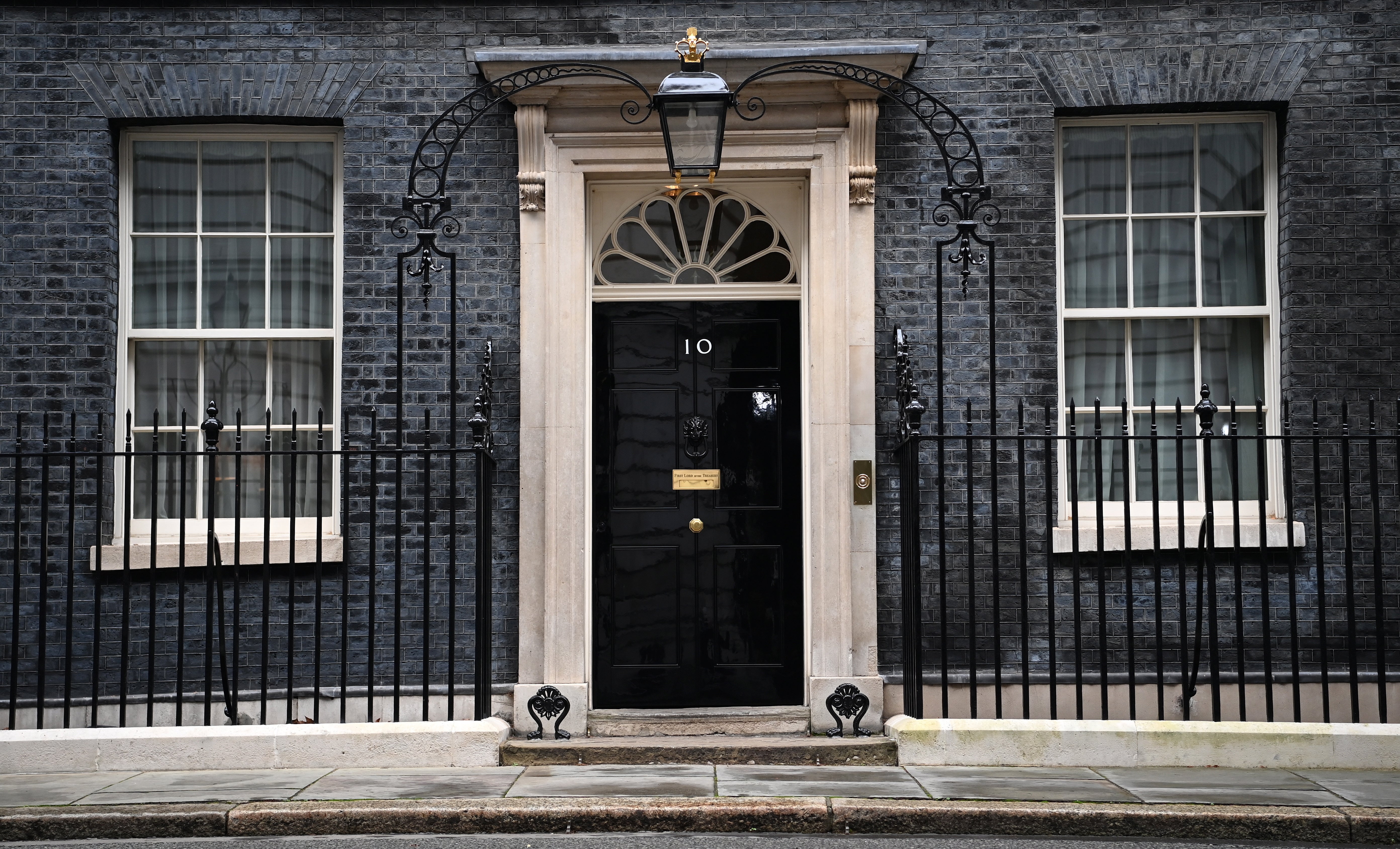Plenty of prime ministers have taken office without an election
The prospect of a new incumbent arriving in Downing Street without recourse to voters always brings grumbles from the opposition – but it’s a comical form of hypocrisy, writes Sean O’Grady


One of the understandable arguments made in favour of keeping Boris Johnson as prime minister in this moment of crisis is that it would be wrong for Tory MPs to depose him, because that is the job of the electorate.
The voters did, after all, elect him prime minister not so very long ago – 12 December 2019 to be precise – with a substantial majority and a large margin in the popular vote over the Labour Party. The corollary is that a new prime minister would be unelected, would therefore lack legitimacy, and should soon seek their own mandate. A related, less comprehensible argument is that it would be an outrage if a serving prime minister were destroyed by the civil service, via leaks and the Sue Gray investigation, or, even worse, by “the media” – as if either of these amorphous and varied groups acts as one disciplined bloc.
The obvious answer to all of this is that Britain has a parliamentary rather than a presidential system, even though a lot of campaigning (eg “prime ministerial debates”) tends to be very presidential in style and tone. A prime minister has to command enough support in the Commons to form a government, which effectively means they must have the confidence of their own MPs.
There is no direct election for prime minister as such, just for individual MPs. Thus if a prime minister, say, dies in office, then there is no need for a fresh general election – as there would be in France – and there is no elected deputy prime minister to succeed seamlessly, unlike in America. The legislature and executive in the UK (and in its devolved administrations) are intertwined.
It is also an argument with a short memory, so to speak. Boris Johnson himself became prime minister in June 2019, after the Conservative Party effectively pushed Theresa May out of office in a palace coup (following a prior unconvincing victory in a vote of no confidence).
Nor was Johnson any kind of novelty in becoming prime minister without reference – at least initially – to the electorate. The list of premiers doing so in the past century or so, under widely varying circumstances, is in fact rather a long one – Lloyd George (1916); Bonar Law (1922); Stanley Baldwin (1923); Neville Chamberlain (1937); Winston Churchill (1940); Anthony Eden (1955); Harold Macmillan (1957); Alec Douglas-Home (1963); James Callaghan (1976); John Major (1990); Gordon Brown (2007) and Theresa May (2016).
Most of them sought their mandates in due course, and won; a few unhappy ones lost. Chamberlain never got that far, while May ended up losing the majority she had inherited but remaining in office. Not many prime ministers first get in through the front door, as it were, via election: Ramsay MacDonald, Clement Attlee, Harold Wilson, Ted Heath, Tony Blair, Margaret Thatcher and David Cameron represent the chosen few.
Whenever there’s a prospect of a new incumbent arriving in Downing Street without recourse to the electorate – or the accompanying “mandate” – there are always grumbles from the other side about the voters being treated with contempt and so on, but it soon gets forgotten. It’s a particularly comical form of hypocrisy because, as the list indicates, both main parties have been through the process many times. Johnson, though, was the first person to become prime minister as the result of an internal poll of members of a political party, rather than being chosen solely by MPs, or, in earlier times, by “emerging” from consultations among leaders. (May avoided such a poll when her rival Andrea Leadsom pulled out, and Brown’s election was uncontested.)
The imminent repeal of the Fixed-term Parliaments Act restores the prerogative of the prime minister to call an election whenever they wish. So the question, if Johnson is toppled, will be whether his successor chooses to ask the country to “democratically” ratify their position. Given the experience of May, and that the favourable conditions of 2019 are unlikely to be replicated in 2022, the voters won’t be troubled for a while longer. Her Majesty’s government will continue.



Join our commenting forum
Join thought-provoking conversations, follow other Independent readers and see their replies
Comments